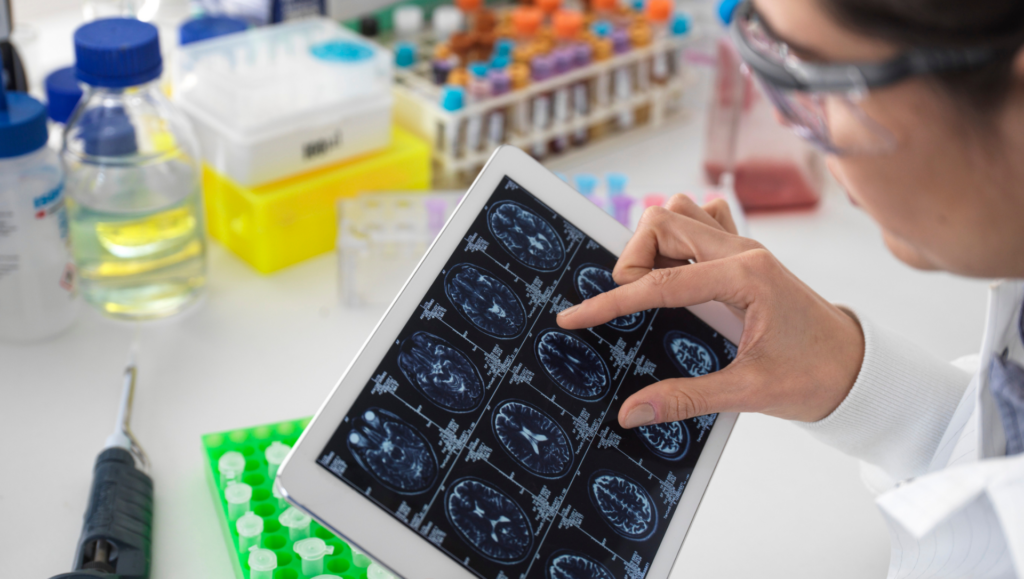
Shedding Light on Functional Neurological Disorders (FND)
Functional Neurological Disorders (FND) are a complex and often misunderstood category of neurological conditions. Unlike other neurological disorders, FND doesn’t have a structural cause that shows up on MRIs or CT scans. Instead, it involves dysfunction in how the brain and body communicate. While the symptoms are very real and can significantly impact a person’s life, they often sit at the crossroads of neurology and mental health.
What Are Functional Neurological Disorders?
FND refers to a group of conditions where patients experience neurological symptoms that cannot be explained by structural damage or disease to the nervous system. These symptoms are related to how the brain functions rather than its physical structure.
Common symptoms include:
- Motor Symptoms: Weakness, tremors, or paralysis.
- Sensory Symptoms: Numbness, tingling, or vision changes.
- Seizures or Blackouts: Known as dissociative seizures, they resemble epileptic seizures but have a different underlying cause.
- Speech and Swallowing Issues: Difficulty speaking or swallowing, often without a physical explanation.
What Causes FND?
The exact cause of FND is not fully understood, but several factors may contribute:
- Stress and Trauma: Psychological stress or past trauma can disrupt how the brain processes information and communicates with the body.
- Neurological Triggers: For some, FND symptoms can follow physical injuries, infections, or neurological events like migraines.
- Brain Function Disruption: Research suggests that FND may involve changes in brain activity patterns, particularly in areas responsible for movement, sensation, and emotion.
How Are Functional Neurological Disorders Treated?
Treatment for FND is personalized and multidisciplinary, addressing both the mind and body:
- Therapy: Cognitive-behavioral therapy (CBT) helps patients manage stress, understand symptom triggers, and develop coping mechanisms.
- Physiotherapy: Aimed at improving movement and retraining the brain-body connection.
- Education: Understanding FND can empower patients to actively participate in their recovery.
- Medication: While not always necessary, medication can sometimes help manage coexisting conditions like anxiety or depression.
Breaking the Stigma Around FND
Many patients with FND face stigma due to the misconception that their symptoms are “all in their head.” It’s essential to recognize that FND is a legitimate medical condition requiring care and compassion. By spreading awareness and fostering understanding, we can create a more supportive environment for those affected by this condition.
Navigating FND with Hope and Resilience
Functional Neurological Disorders may be challenging to understand, but with proper diagnosis, treatment, and support, individuals can lead fulfilling lives. Remember, your symptoms are real, and seeking help from a multidisciplinary team can make all the difference. Schedule a consultation with us today.

